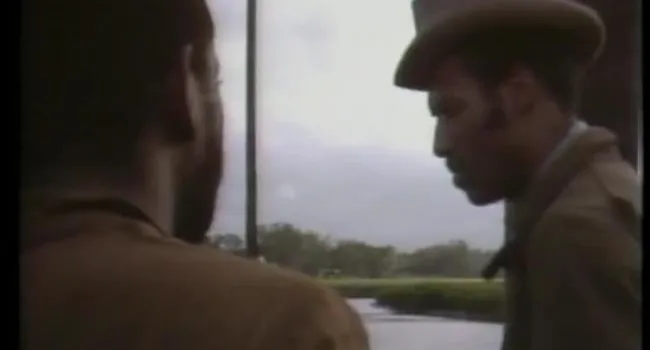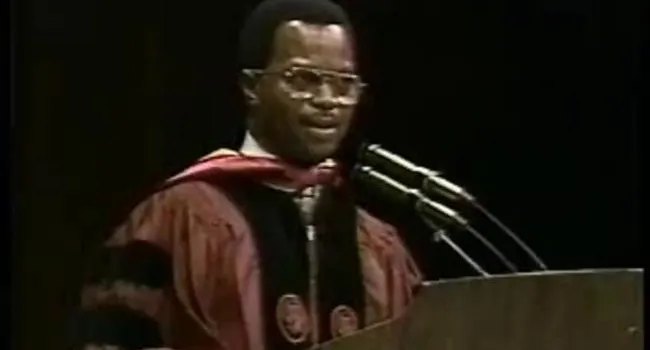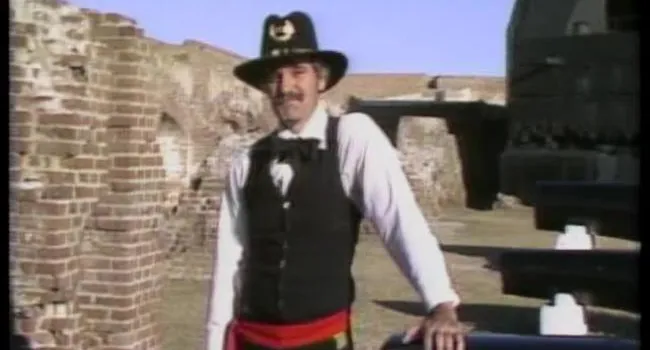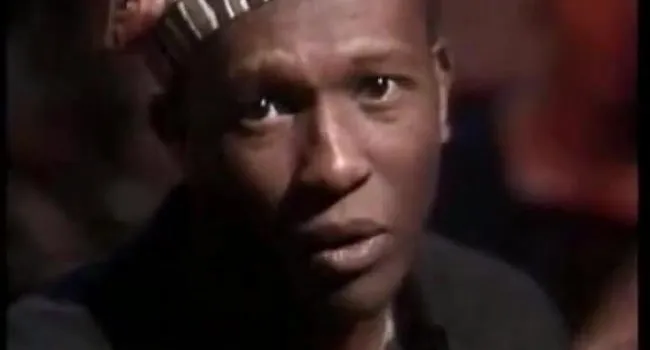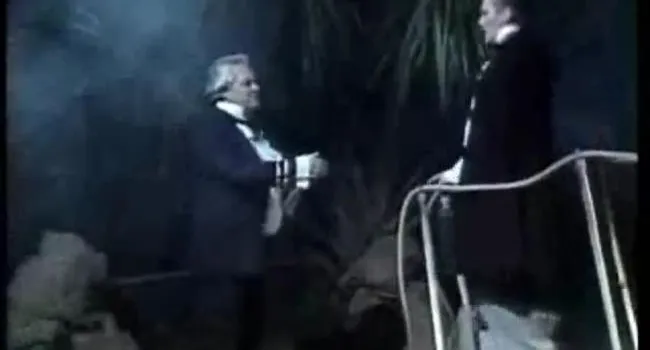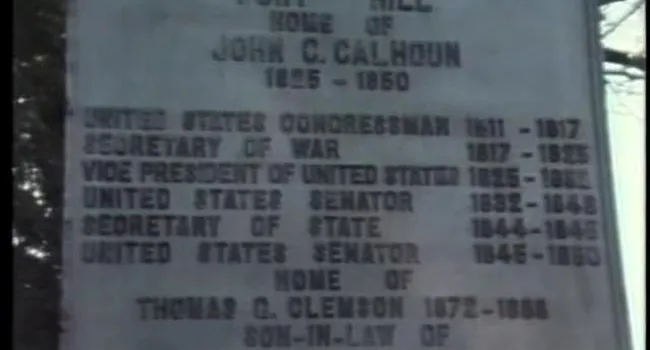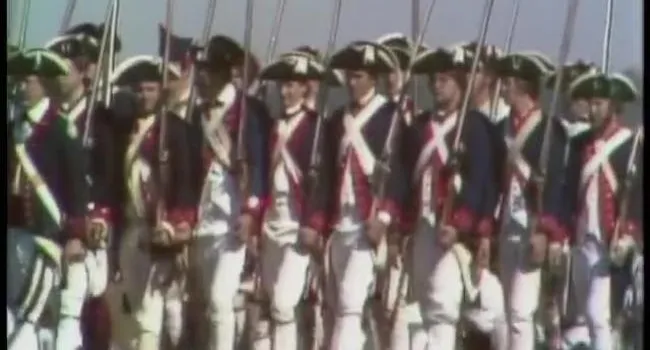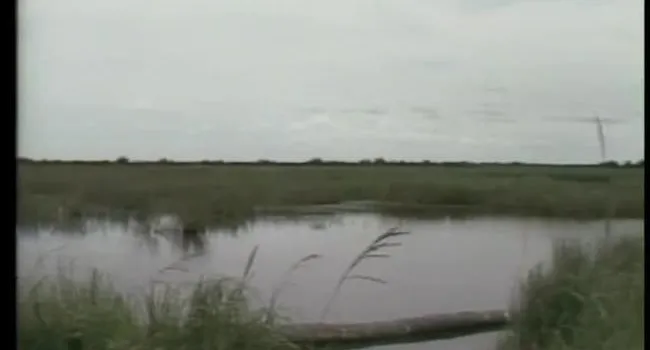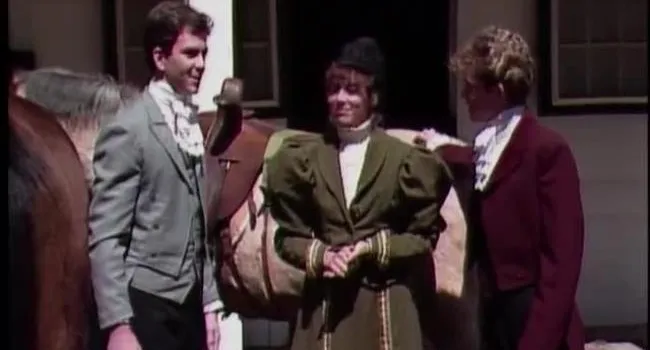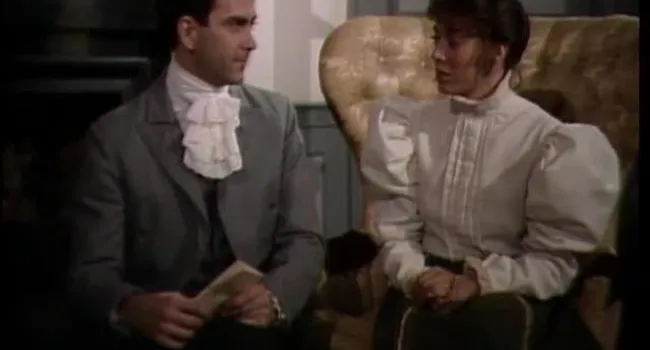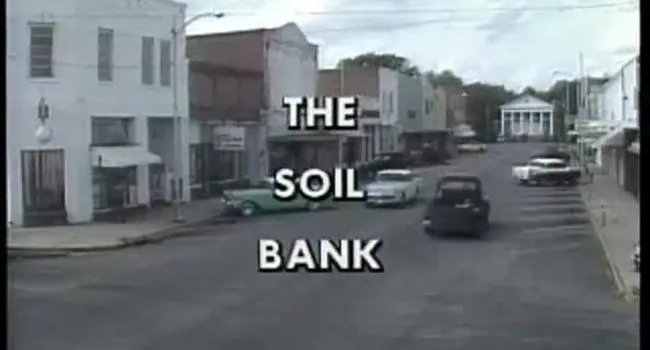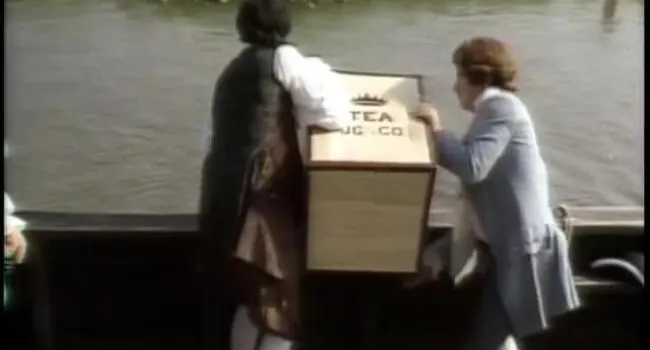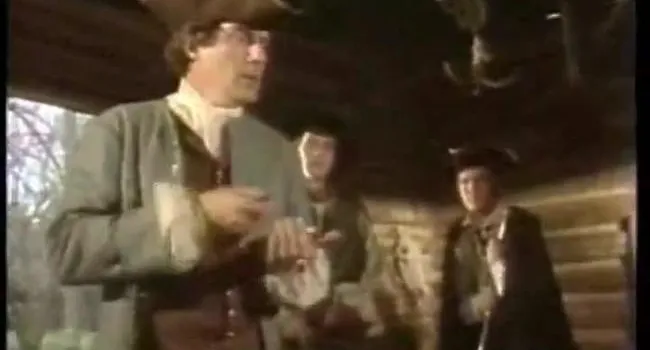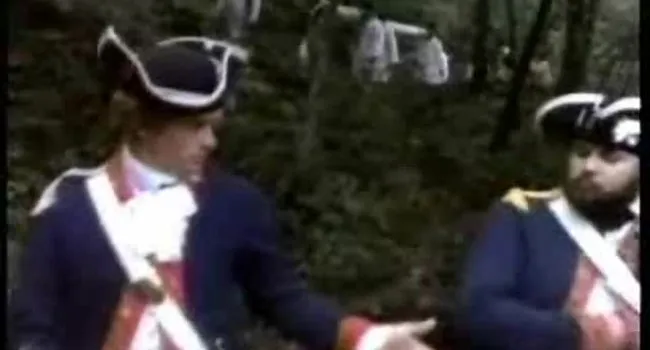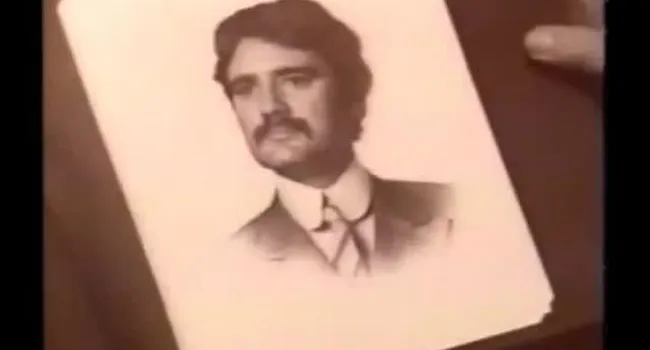REENACTMENT: The lesson focuses on a mission in which Robert Smalls was sent to convince President Lincoln to arm Negro troops in the South Carolina Lowcountry to fight for the Union. This is done in retrospective context through an interview with a reporter from The New York Enterprise, a black newspaper that had criticized Mr. Smalls after his defeat from Congress. Mr. Smalls reminds the reporter of the many positive things that he achieved for his constituents.
BACKGROUND: Robert Smalls was born a slave in Beaufort. His mother, Lydia, was a house servant. His father purportedly was the master though scholars mention the possibility of others. In his younger years, Robert Smalls was given many advantages not available to most slave children. As a young teenager, he was sent to Charleston where he lived with McKees, his master's sister. There he held various jobs. He worked on the wharves driving a hoisting horse that guided the bales of cotton as they were lifted from the pier to the high decks of the steamers. By the time he was fifteen, he was made foreman. The job that he liked most was testing boats in all sorts of weather. He studied maps and charts, traced channels, studied currents and tides and memorized the location of the shoals and reefs in the Charleston Harbor.
By the time of the Civil War he had complete mastery of the harbors and waterways of the South Carolina and Georgia sea coasts. He soon was offered a job on a steamer called the Planter. After the war began, he became its pilot. He remained in this position after the Confederate Government chartered the Planter and converted it into a special dispatch boat for the defense of Charleston. The Planter had a carrying capacity of a thousand men. He was soon elevated to the position of wheelman, a position of trust and honor. On the morning of May 13, 1862, Robert Smalls carried through a plan to take himself, his wife and children and a few friends aboard the Planter and turn it over to a Federal ship just outside Charleston Harbor. Following this he served in the United States Navy. After the war, he became a prominent political figure in South Carolina until his death in 1915.
Standards
- 4.5.CO Compare the roles of various groups on Reconstruction.
- 8.4.CX Evaluate South Carolinians’ struggle to create an understanding of their post-Civil War position within the state, the country, and the world.
- This indicator was developed to encourage inquiry into how the former planter class, African Americans, women, and others adjusted to, gained, lost, and/or regained position and status during Reconstruction. This indicator was also written to foster inquiry into how South Carolina worked with a stronger federal government and expanding international markets.
- 8.4.CC Analyze continuities and change in the African American experience in the period of Reconstruction and Jim Crow eras within South Carolina.
- This indicator was developed to encourage inquiry into the successes and failures of Reconstruction, beginning with the Port Royal Experiment, in South Carolina. This indicator was written to explore development of the Constitutions of 1868 and 1895 and to analyze the evolution of restrictions for African Americans from the Black Codes in 1866 through the Plessy decision in 1898.








